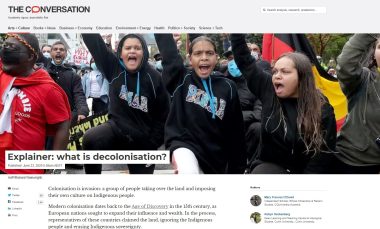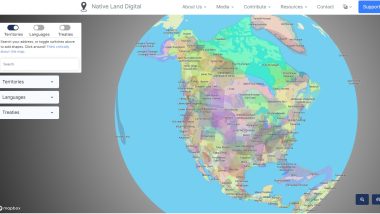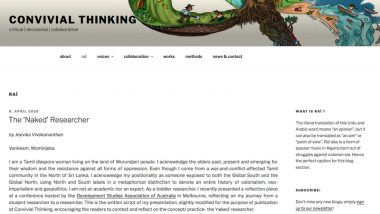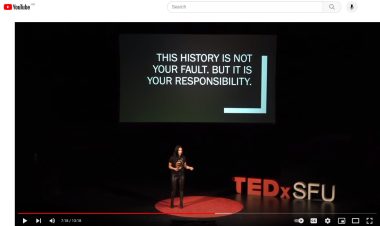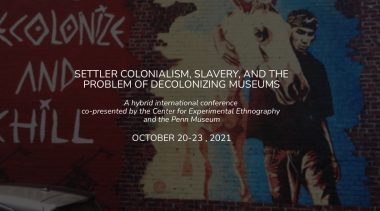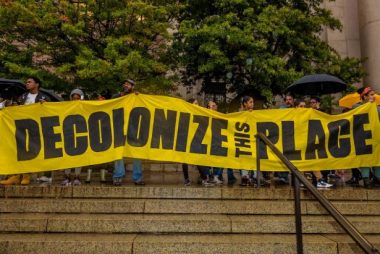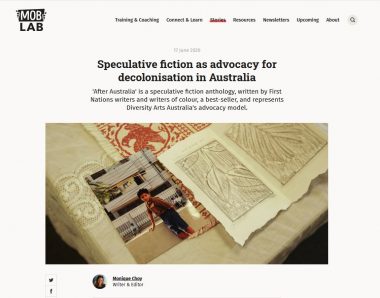‘If you’re going to hold someone down you’re going to have to hold on by the other end of the chain. You are confined by your own repression.’
― Toni Morrison
Colonisation occurs when one group takes control over the land, resources or cultural systems of another group.
It includes the invasion and occupation of land belonging to Indigenous peoples, and the dispossession and assumption of physical resources and intellectual property. Colonisation typically imposes social, cultural, political, legal and psychological processes that privilege the systems, languages and knowledge of power holders.
Colonisation is a two-way street. By taking control over the belongings of another community, a colonising power binds itself into an ongoing relationship with that community.
Decolonisation seeks to reverse colonisation. It works to identify the assumptions, systems and power structures operating through colonisation. It seeks restorative justice through territorial, cultural, psychological and economic independence.
An essential first step in decolonisation for settler communities is to identify whose land you occupy, and to find out what happened to those people to enable you to occupy it. The same questions must be asked by people who have possession of cultural inheritances that don’t belong to them.
